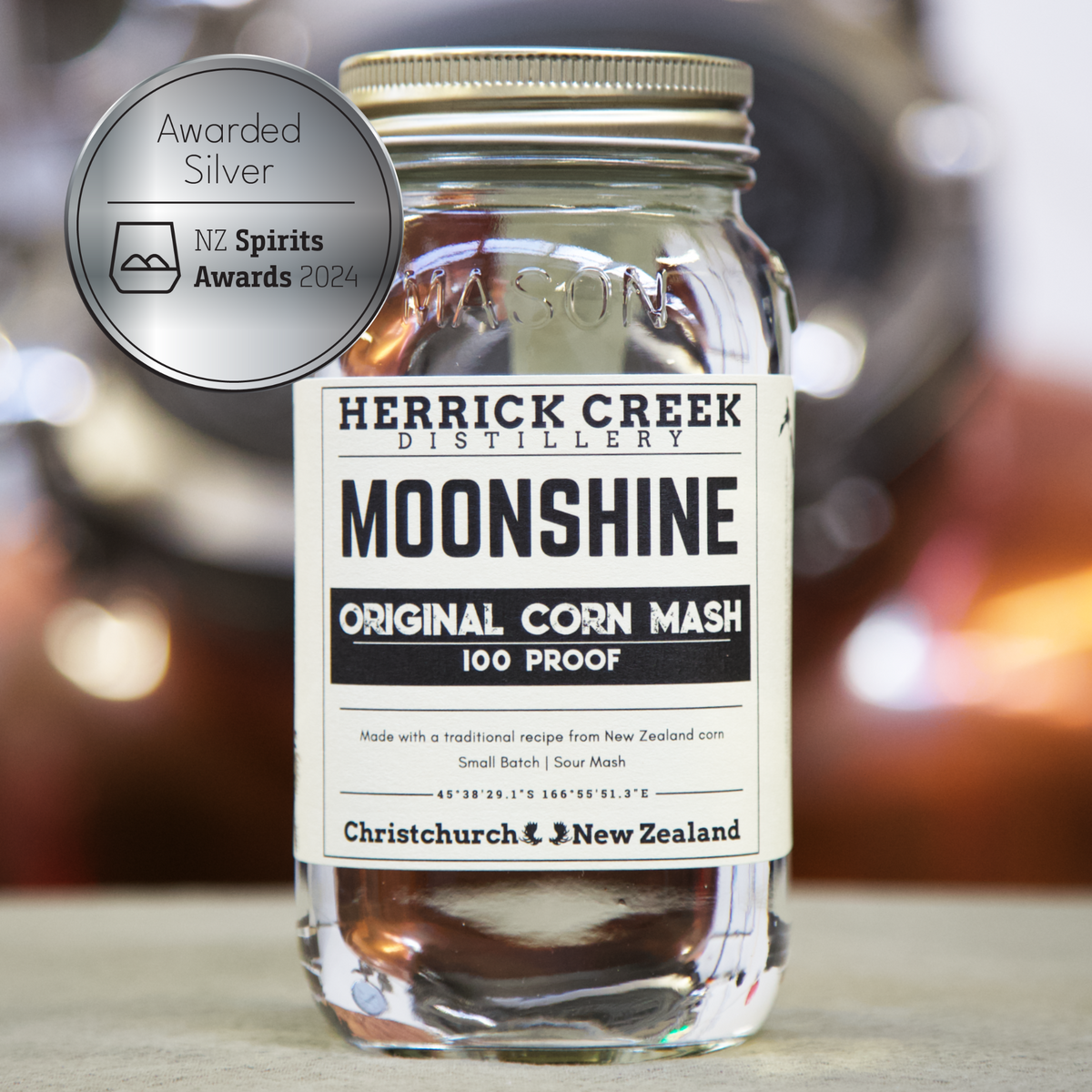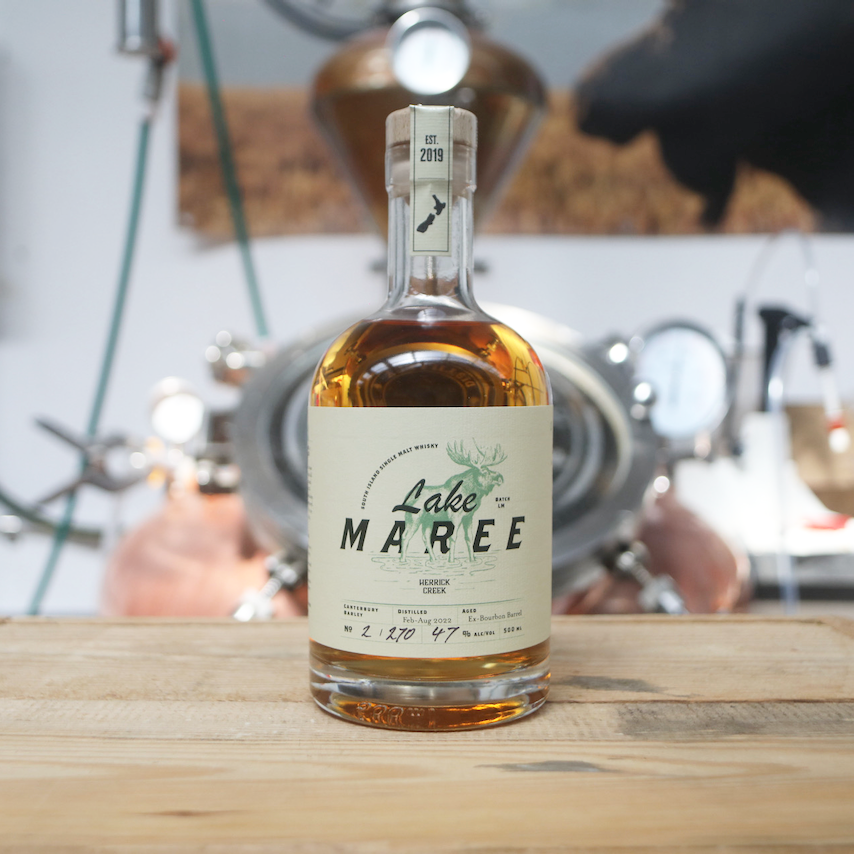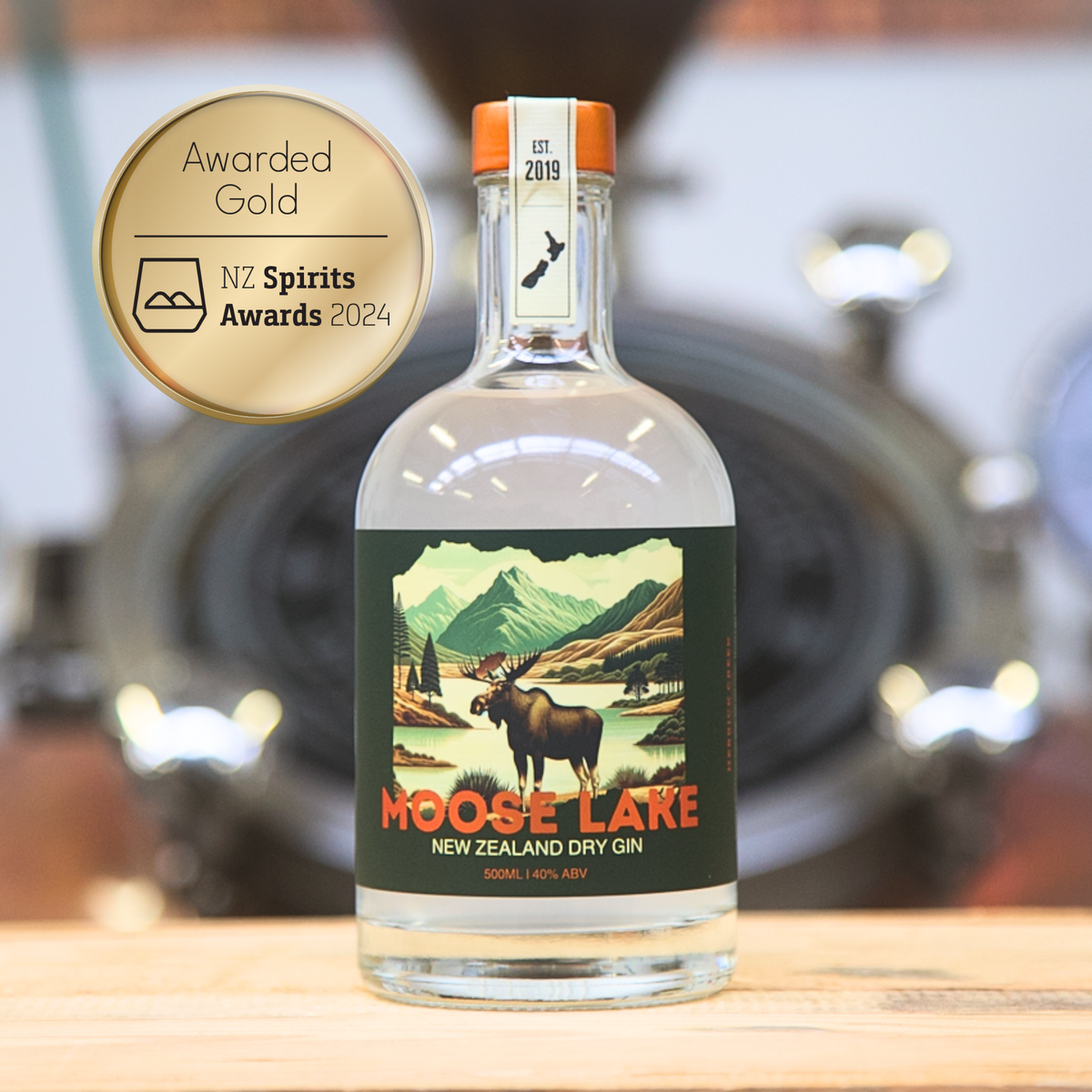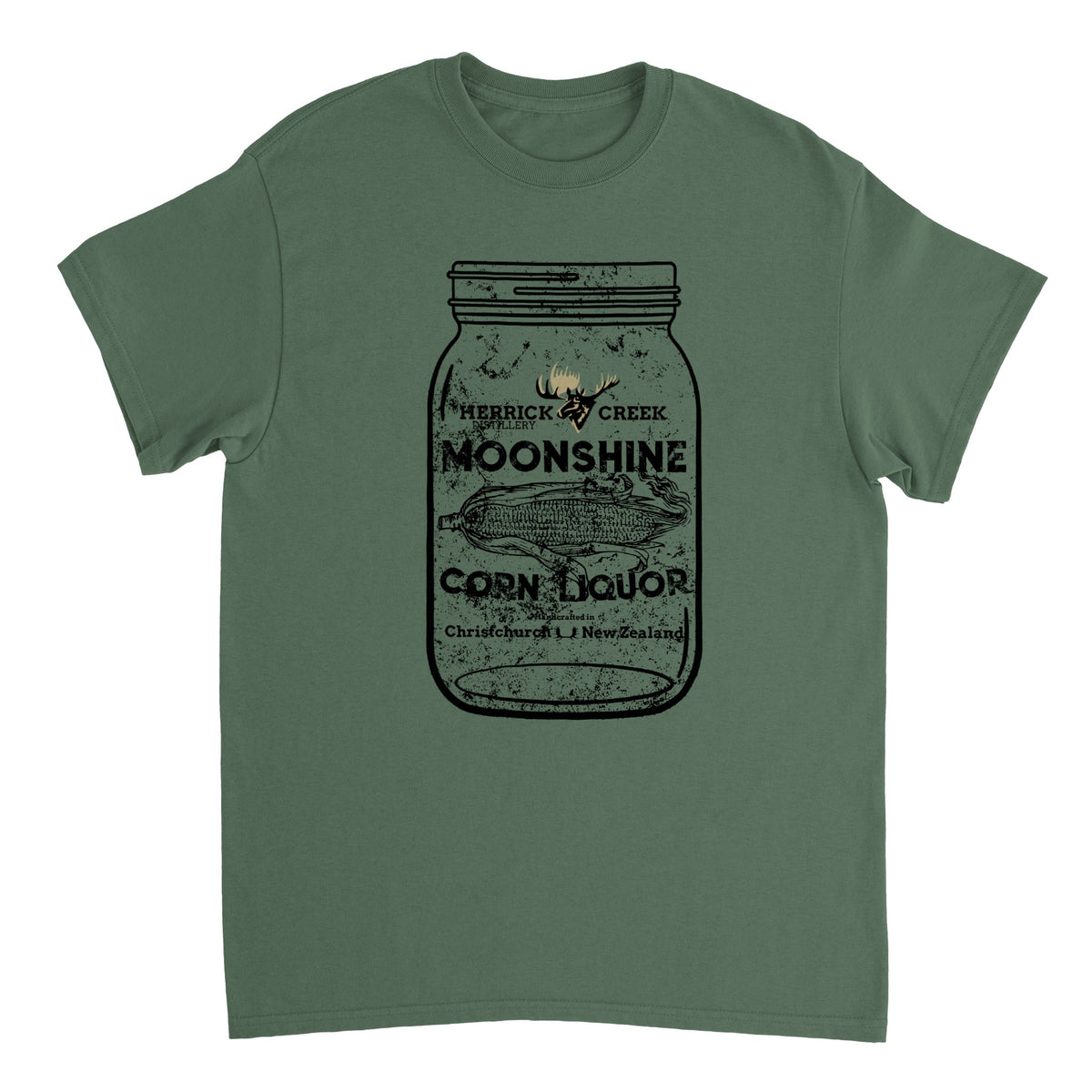|
Our 200L Copper Still "Eddie" |
A couple of our small barrels |
What is Nano distilling
Most distilleries define themselves a certain way: Micro or Craft are the two main ones. The one that is often left unheard is that of the Nano Distillery.
Nano distillery doesn't have any legal definition anywhere - it's just a term used by the smallest distilleries to show how small their operation truly is. In New Zealand, it's probably best attributed to the garage distilleries, of which there are at least a few.
In the book "The Nano Distillery: The Future of Distilling," the American Distilling Institute set a loose definition for a nano distillery as someone producing 20 - 200 gallons (75 - 750 litres) per week - by that definition I'd guess that just about every distillery in New Zealand would be considered Nano. Maybe that means that Herrick Creek is actually a Pico-Distillery? (We make less than 75 litres per week)
Either way, 'nano' to us, is a frame of mind for approaching distilling.
Small Barrels - Why we use them
It's not about shortcuts or saving time - it's about experimentation and chasing a specific profile. It's definitely not about saving money either, because small barrels are usually at least double the cost of a full size barrel to get in New Zealand.
As a nano distiller, we want to age stuff in nano batches, as much as possible. We use a small still and unique grains, and that calls for smaller cuts and the result is less product, which we like to put into smaller barrels.
The great thing about smaller barrels, is that once you have a couple, you can combine them and age them together in a larger barrel. Our first batch of Corn Whisky, for example, was put into 2 separate 25L new American oak barrels. There's a high chance in that environment that both of those barrels will quickly become overly tannic - however, what we did instead was combine the two barrels after a certain amount of time into a larger 50L barrel to slow down that process.
It's about aging the product, not just about extracting oak flavour. The longer it can sit in a barrel, the more mellow and complex the spirit becomes.
Small barrels aren't a cheap or quick alternative to full-size barrels, rather, they are a completely different aging system, that's very hands on and full of room to experiment. If you're looking at small barrels the same way as you look at full size barrels, you should shift your perspective and look at the opportunities that small barreling offers - they are two totally different ways of aging whisky.
The economy of scale
The way big distilleries operate is by making large batches of spirits to bring the cost down. The more you make at one time, the more you can save! Grain costs, power costs, labour costs etc all go down exponentially if you have the larger equipment necessary to make large batch spirits.
The same goes for barrel aging - the more you can fit in barrels, and the more barrels you can fill, the cheaper it becomes over time.
We're not looking at the economy of scale. We want to craft special and unique spirits that aren't burdened by dollars and numbers. Small batch is expensive (really expensive) to make, but it's worth it. We definitely hope to be able to make more and larger batches as we grow, but it always has to be small batch for us.
Our hope for the NZ spirits industry
It's a really tough thing for some people to look at an operation and see things being done a different way. We all think we're doing things the right way, but spirits are made all around the world in a huge number of ways. Processes, ingredients, and mindsets are different at each distillery you'll visit and, to us, that's great. We love seeing what other distillers come up with and how they do it. The spirit of exploration and experimentation is a rare thing but it seems to be a trait that many distillers possess.
Whether a distillery is large or nano, we really hope to see NZ distillers come together and support each other on all scales, and on all practices. NZ doesn't need to have only one style of whisky or gin - it should have a wide variety.
Above all, be transparent. Let people see past the curtain and see how things are made and what practices you use. Honesty and transparency will keep our young industry trustworthy and can only elevate its status.
Cheers everyone.







0 comments